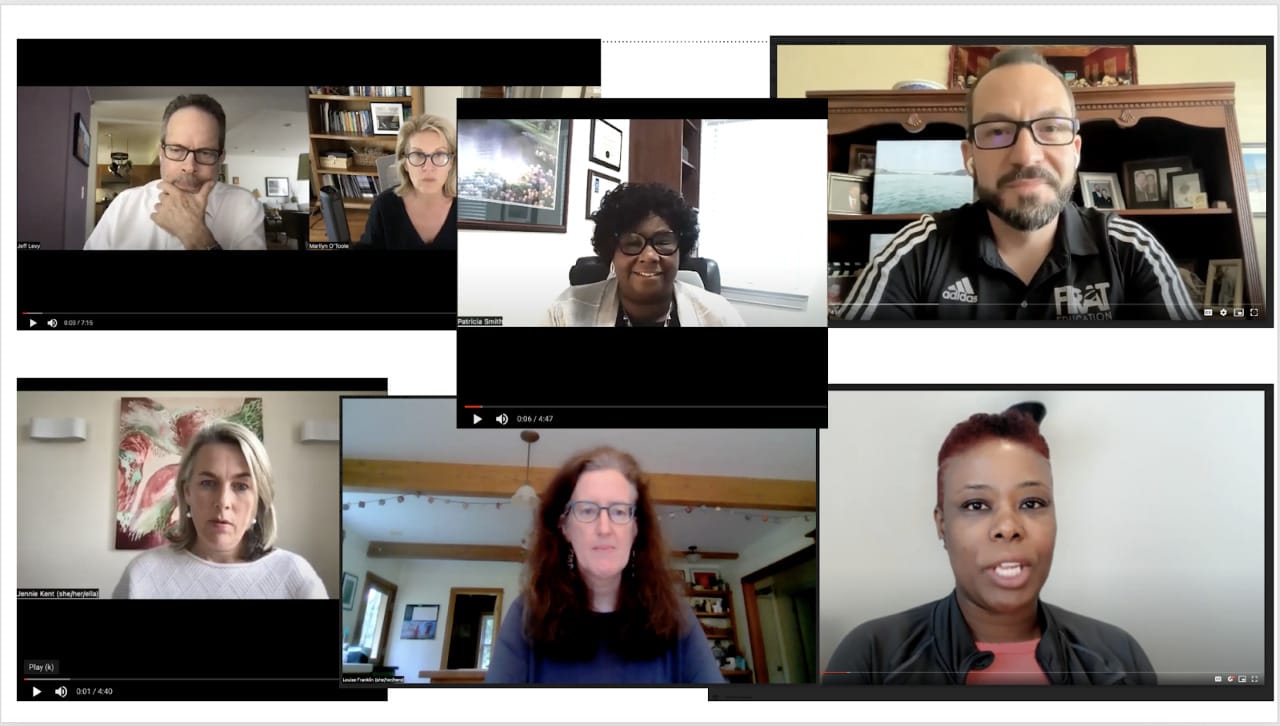The AXS Companion is now available for college-bound students to use!
College enrollment continues to decline while barriers for under-resourced students grow—but the AXS Companion to Common App, a new initiative by IECA, in partnership with Oregon State University, aims to reverse this trend by supporting these students as they begin their college journey.
Applying to college is already a complex and often stressful process, and first-generation, low-income, and underrepresented students of color have faced even greater hurdles to college during the pandemic: reduced or no access to college and school counselors; limited opportunities to access information and resources due to school closures; and a lack of familiarity with the US college and financial aid application processes within their families.
According to Common App, approximately one-third of their million-plus annual applicants are first-generation students. These students are more likely to create Common App accounts without submitting applications because they “often lack familial and school-based guidance on how to navigate the complex admission waters,” according to a recent article on BestColleges.com. It continues: “Just last year, about 700,000 seniors who opened Common App accounts never completed an application.”
Seeing this disparity in access to higher education, a group of IECA members set out to make a change. The result is the AXS Companion, a free online resource that aims to improve access and clarity for under-resourced students who lack college counseling support. Through detailed videos, the AXS Companion walks students through each step of Common App from beginning to end. Alternatively, students can watch an individual section’s videos to understand how to best respond to that section based on their circumstances.
View this video to see samples of the AXS Companion and to learn more about the project:
How the Project Came About
Several years ago, Maite Halley, an IECA member who has been a leader in the association in several capacities, envisioned this project as live workshops to support under-resourced communities. During COVID-19, Marilyn O’Toole, IECA member and liaison to Common App, asked Common App leadership if IECA members could pivot and develop step-by-step videos for the initiative instead.
With Common App’s approval, O’Toole then engaged Jon Boeckenstedt, vice provost at Oregon State University to discuss solutions to store and organize the video resources. This evolved into the collaborative framework of Oregon State University Ecampus building the platform, with IECA providing the content.

Over the last eight months, many IECA members have worked tirelessly on this project, including: Ibrahim Firat, Louise Franklin, Carolyn Gelderman, Anne Holmdahl, Sylvia Jackman, Amy Jasper, Jennie Kent, Jeff Levy, Janae McCullough-Boyd, Marilyn O’Toole, Chantal Paiewonksy, Veena Rao, Pat Smith, and Juan Camilo Tamayo. These dedicated members produced the project content, which included writing and editing curriculum and scripts, as well as recording audio and video for 50+ modules for each section of Common App. Additionally, they called on experts in various fields to support their efforts, and created modules that provide financial aid guidance, essay suggestions, and admissions officers’ advice. The project creators chose the name The AXS Companion because of the double entendre: improving student access through the collaborative axis of higher education and IECA. The AXS Companion was introduced at the IECA 2022 Spring Conference in Philadelphia and is launching on September 1, 2022.
IECA is grateful to the members of the Oregon State University Ecampus who trained our colleagues to audio and visually record each section and then edited hours of their recordings, adding animation to make the directions and guidance clear. In addition, thank you to the engineers, graphic designers, animators, and project managers who have worked tirelessly to create this invaluable resource.
Pictured above (left to right, clockwise): IECA members Jeffy Levy, Marilyn O’Toole, Pat Smith, Ibrahim Firat, Sylvia Jackman, Louise Franklin, and Jennie Kent.



